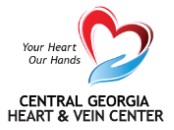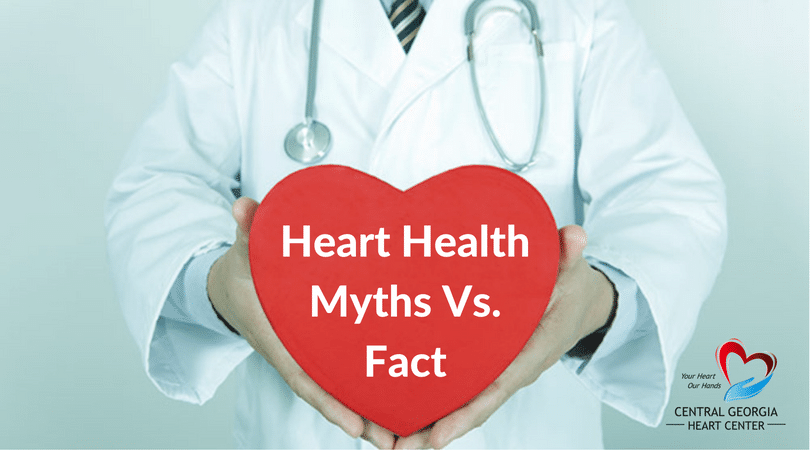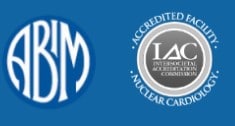With countless articles online, it’s hard to tell the heart health myth from the facts. Many of us assume that we know our body and could tell if there is something wrong. However, it is extremely likely that you won’t notice the signs. Let’s debunk a few myths about heart health.
Heart Health Myth #1: Exercise is risky if you have heart disease.
Unless specifically told by your cardiologist not to exercise, this is false. After a coronary issue like heart attack, it’s important to start rehabilitation. This almost always means exercise. Many people are encouraged to begin rehab within 2-5 weeks of a heart attack. If you are worried about too much at once, begin with only 10 minutes a day. And then increase by 10-minute increments over several weeks.
Heart Health Myth #2: I can feel my blood pressure or high cholesterol.
This heart health myth is false. The only way to know for sure is to get your blood pressure and cholesterol checked regularly. Many risks are actually silent which means you can’t feel them. Hypertension often goes months undiagnosed before any symptoms occur. If you are the stage of symptoms, this often means your hypertension is further advanced. Same with cholesterol, you can be slim and have high cholesterol. This is why annual cardiology checkups for people over the age of 45 is important.
Heart Health Myth #3: I already have heart disease so it’s over for me.
This is usually false. Lots of research by the Cleveland and Mayo Clinics indicate that you can undo the damage. Lifestyle can be an important part of combating heart disease. If you have heart disease consider limiting fast foods, adding more fresh produce to your diet and quitting smoking.
Heart Health Myth #4: Men and women experience cardiology issues the same.
This is the biggest heart health myths. Most people are aware of more male symptoms and assume that even if they are female, they will experience the same thing. Men tend to experience more heavy chest pain. Women tend to experience fatigue and shortness of breath but very little chest pain. Be sure to speak with your cardiologist about which symptoms you should look ours for.





